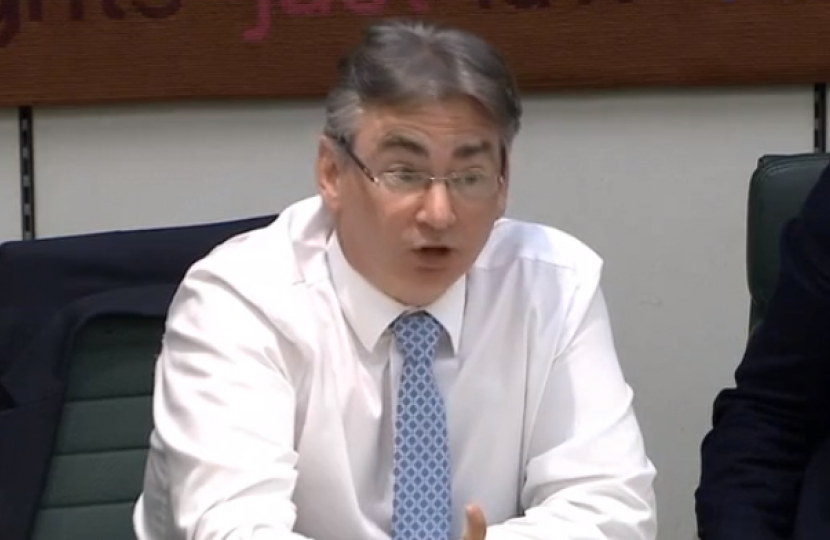

This week, I and several colleagues from Parliament’s Digital, Culture, Media, and Sport (DCMS) Select Committee are in Eastern Europe.
We are visiting Riga and Tallinn, the capital cities of Latvia and Estonia, as part of Parliament’s ongoing investigation into the dangers posed by the misuse of new technology, and the corrosive impact it can have on our democracy.
Estonia is at the forefront of this fight: the small Baltic country is pioneering what it calls the ‘digital society’, the centrepiece of which is the e-Estonia project. This brings together and helps to deliver almost all government services through one easy-to-use portal.
But whilst this sort of work can have huge benefits, it also has serious dangers. Putting citizens’ data online can make them more vulnerable to fraudsters and criminals, whilst digitising vital national infrastructure creates new avenues of attack for hostile foreign powers.
So my fellow MPs and I want to learn first-hand about the robust measures Estonia has put in place to give citizens control over their personal data and knowledge of how it is being used.
We’re also going to visit the many tech start-ups based in Riga, as well as the NATO Strategic Communications Centre of Excellence in the city, alongside face-to-face meetings with some of the developers and futurists working on some of the world’s best-known technology platforms.
Together, we aim to explore how explore how they address issues surrounding data protection and data ethics, and learn more about how they are integrating of immersive technologies into their software.
As a member of the DCMS Committee I have already had the opportunity to question Facebook executives about the “moral vacuum” they have allowed their platform to become, and I was pleased to serve on the first-ever International Grand Committee on Big Data, Privacy, and Democracy.
I’m proud that the British Parliament is helping to lead the way on this vital issue. Technology is evolving at an accelerating pace, and it is essential that lawmakers and regulators keep pace if we are not to have our democratic institutions and personal freedoms undermined by a Wild West-style internet.
Originally published in the Solihull Mail, 13/06/19
